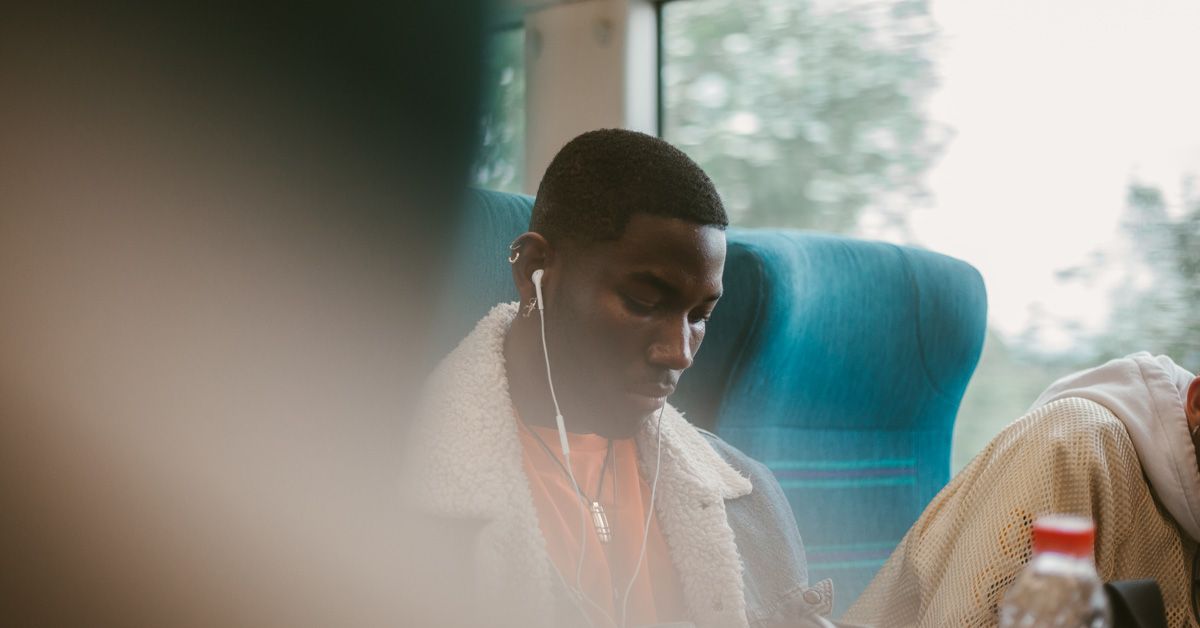
- Select a language for the TTS:
- UK English Female
- UK English Male
- US English Female
- US English Male
- Australian Female
- Australian Male
- Language selected: (auto detect) - EN
Play all audios:
MOSCOW — Vladislav Zasipkin, a 19-year-old Siberian, was washing dishes on the French Riviera when his world back home took a spin. Coming back Thursday, he had the sinking feeling that it
was the same old country. “For the outside, this was very good,” he said of the failed coup. “Inside, I don’t think very much has changed.” Zasipkin and a friend, Olga Lagonova, expressed
little faith in Russian Federation President Boris N. Yeltsin’s ability to build a prosperous society, and both worried that he is pushing too hard, too fast to tear down the Soviet nation.
“They are so concerned with symbols, monuments and flags,” Zasipkin said during an airplane flight home. “This is just wasting valuable time doing useless things when there is so much to be
done.” Zasipkin and Lagonova also worried that a rush of anti-Communist sentiment is vilifying national figures from the past and endangering touchstones that have held together a fragile
Soviet Union. “This wasn’t Lenin’s fault,” Zasipkin said, referring to the Communist leader of the 1917 Russian Revolution. “He is part of our history. We should not be tearing down our
heritage. We learned that lesson when we destroyed churches in another time.” For the rest, he said, seeing is believing. “In the seven years of _ perestroika_ , some incredible things have
happened, but you can’t just grow like that,” he said. “For us to get organized, to take off just a little? Maybe 10 years.” Lagonova, 20, squirmed nervously in her airplane seat, eager to
see what the fuss at home was about. But she agreed that she expects life to be just as hard in Siberia and the rest of the Soviet Union. She and Zasipkin plan to teach French in their
hometown of Tyumen, beyond the Urals. Both, in their first trip abroad, spent two months working at summer camps in France as part of a study program. Lagonova said she was amazed the French
were such hard and willing workers, a judgment that might catch many Frenchmen by surprise. “They know they’ll get something in return,” she said. “If they do well, they will prosper. They
can go where they want, eat out, buy things. For us, what is the reason to work hard?” She added: “France is a little country, and it has everything for its people. Our is a big country, and
we have nothing. You can’t just blame the Communists, but who? The president? The people, maybe.” It took her three months of hard labor in government offices to obtain a passport. Her
mother, a science professor, gave up work to stay home and tend the family cow because teaching without textbooks or materials was too frustrating. Asked if her family was able to get enough
food and the necessities of life, she heaved a long, deep sigh. The problems, she said, went far beyond who was in charge and where borders were drawn. Zasipkin said he was impressed in
France not by the shop windows but rather by the ideas in a Western nation that regards itself as a champion of human liberties. “I am a little more optimistic now that I have seen how
people can live,” he said. “But there is so much work to be done.” As the plane landed in Moscow, both students peered excitedly out the window, wondering what they would find. Their first
impressions were not encouraging. At Sheremetyevo Airport, both shook their heads in disbelief at the duty-free shop offering electronics to privileged Soviet citizens with foreign currency.
“That videorecorder is only 500 rubles ($294) here,” Zasipkin said. “In Siberia, it is 10,000 rubles. That is a difference.” Moments earlier, eyeing the stone-faced immigration officer,
Zasipkin showed his brand-new passport to an American visitor and worried aloud about what officialdom might require. He was told he would probably not need a visa. Zasipkin looked a little
surprised--and relieved. MORE TO READ







